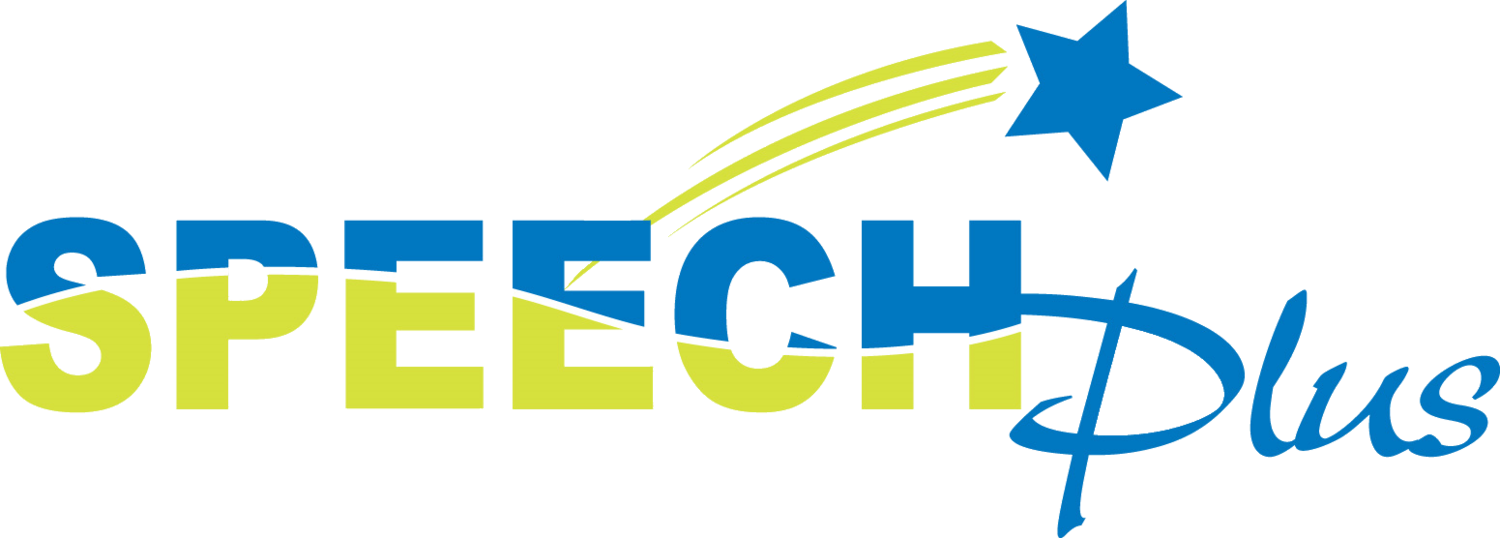
Language Literacy Evaluation
FAQs
How can you help with my child’s reading?
Speech-language pathologists remediate more than articulation problems. Spoken language and reading have much in common — reading is a sound and language based process. This is referred to as the “Language-Literacy Connection”. Often there are underlying language-based reasons a student is having reading, writing, and spelling difficulties. Our speech-language pathologists administer diagnostic assessments to determine why a student is struggling, and where the breakdown occurs, then develop a treatment plan using research based interventions and strategies.
What is the purpose of the evaluation?
A Language-Literacy Evaluation will determine the basis of your student’s reading difficulties and lead to a remediation plan to move your child to become a successful reader and lifelong learner. Many students have “splintered” skills — gaps in the underlying skills necessary to successful readers. From kindergarten to third grade, students are learning to read. After third grade, students are reading to learn and reading is no longer taught. Since each grade builds on the one prior, the problem only worsens over time without remediation. Remediation is more than just accommodations and modifications, which, while helpful, do not treat the root cause of the problem.
What happens during the evaluation?
Based on parent concerns, background information and a review of records, we customize an evaluation appropriate for the student. The evaluation takes six hours to administer over the course of several days. Following administration, tests are scored, interpreted, and compiled into a detailed report summarizing test results, diagnoses, and recommended treatment plan. This report is written to be shared with parents, educators, physicians, and other professionals working with the student.
